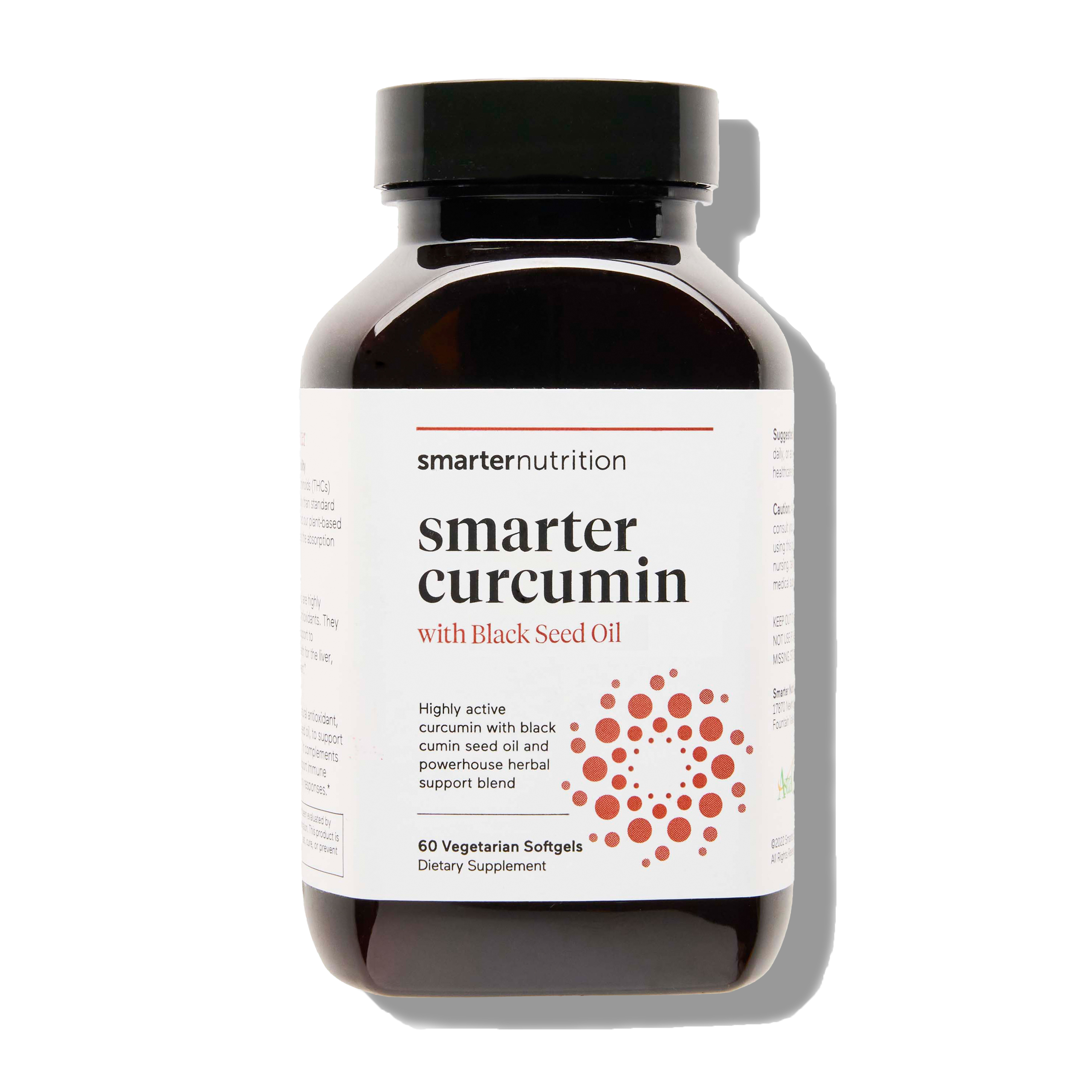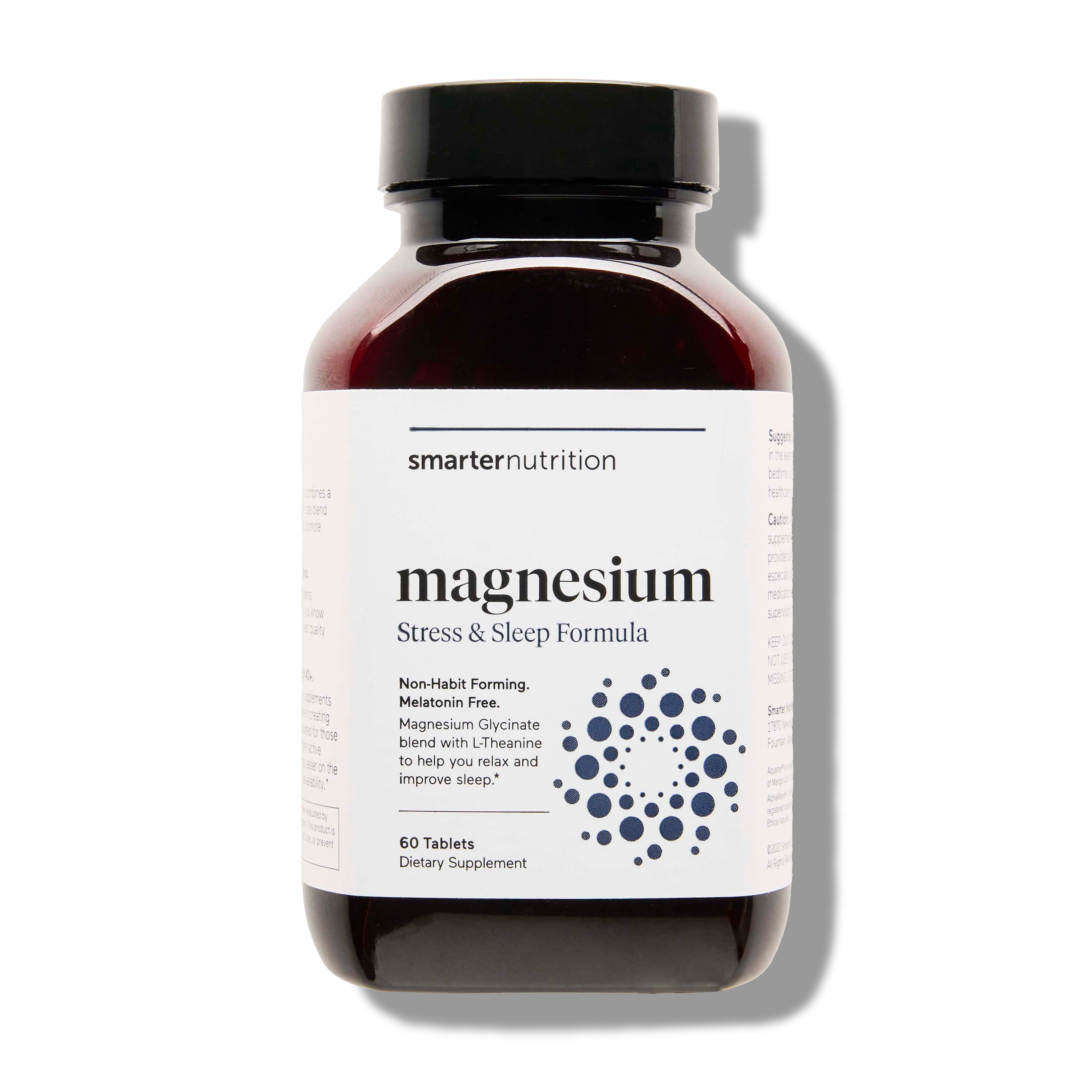5 Mind-Blowing Reasons to Take Magnesium
Magnesium directly influences brain development, memory, and learning because it regulates the body’s N-methyl-D-aspartate (NMDA) receptors. When the body has healthy magnesium levels, NMDA receptors only stimulate nerve cells when necessary. However, if the body is deficient in magnesium, nerve cells can be over stimulated and wreak havoc on the brain.
What’s more, very few people get the recommended daily serving of magnesium in their daily diet. While the recommended dietary allowance for adults is between 320 and 420mg daily, only about half of Americans consume enough for optimal health. When the body has the magnesium it needs, the brain can receive major benefits.
1. Improve Your Memory
Researchers at MIT found that magnesium helps regulate a brain receptor that is vital for learning and memory. Their evidence shows that while being deficient in magnesium may lead to decreased memory and learning ability, a wealth of magnesium could actually improve cognitive function.
"Since it is estimated that the majority of American adults consume less than the estimated average requirement of magnesium, it is possible that such a deficit may have detrimental effects... resulting in potential declines in memory function,” said the authors.

2. Experience Less Migraines
If you experience migraines, low magnesium levels could be to blame. A study cited a low concentration of magnesium as an independent risk factor in migraine attacks. Researchers found that people with migraines exhibited lower levels of magnesium in the brain and up to 50% had a deficiency when they had an attack.
Low magnesium levels could contribute to inflammation and could also increase pain signals if calcium settles on certain brain receptors.
3. Reduce Symptoms of Depression
One of the symptoms of depression is magnesium deficiency; this is likely because magnesium helps the brain regulate function and mood. One study of over 8,800 people found that adults under 65 exhibited the lowest intake of magnesium and a 22% greater risk of depression.
4. Stress Less
Stress can be a vicious cycle and it causes the body to go through magnesium extremely quickly. When the body experiences stress, it is separated and eliminated through urination. Numerous studies have demonstrated that magnesium plays a key role in supporting a normal stress response and that low magnesium levels have been observed in those suffering from stress. The results of these studies suggest that stress could decrease magnesium and that a lack of magnesium could make the body more susceptible to stress.

5. Catch More Z’s
Magnesium can help the mind and body relax, which allows you to easily drift off to sleep and stay asleep longer. Studies of magnesium as a natural sleep aid have found that it supports a normal sleep response.
Magnesium may also regulate melatonin production and influence gamma-aminobutyric (GABA) receptors to help calm down nerve activity.
Natural Ways to Support Brain Health
-
Take a Magnesium Supplement: While it can be difficult to get enough magnesium from food, supplementing magnesium is extremely easy and most people can safely take 200 to 350mg daily without any problems.
Smarter Magnesium delivers your daily serving in 3 small softgels and is formulated with magnesium derived from marine sources that are known to be resistant to temperature and humidity. AstraGin®, a patented, 100% natural compound, is added to help make magnesium easier for the body to absorb.
- Participate in Physical Activities: Exercising most days of the week for at least 30 minutes can have a tremendous effect on your health. Researchers have determined that physically active people are less likely to experience mental decline and have a lower risk of developing Alzheimer’s disease. An increased blood flow to the brain during physical activity may also prevent the reduction in brain connections the body naturally experiences during aging.
-
Follow the MIND Diet: The MIND diet stands for Mediterranean-DASH Intervention for Neurodegenerative Delay and focuses on plant-based foods and limits high-fat animal-based foods and sugary foods. Each day, the MIND diet suggests eating at least 3 servings of whole grains, fruits, and vegetables, 1 to 2 servings of beans, poultry, and fish each week, and daily snacks like nuts and berries.
These foods are selected because they are rich sources of fiber and packed with vitamin E, folate, omega-3 fatty acids, carotenoids, and flavonoids—all found to boost brain health.
- Exercise Your Mind: Just like your muscles get stronger when you lift weights, the brain gets stronger when it’s given a challenge. Keeping your brain active can be fun too! Enjoy crossword puzzles, Sudoku, the recently popular word game Wordle, reading, and card games to give your brain the exercise it needs. Spending time doing these activities may also naturally decrease the time you spend watching television, which provides very little brain stimulation.
- Spend Time with Friends and Family: Our loved ones provide a variety of benefits. In fact, interacting with others is known to decrease the risk of depression, stress, and brain deterioration. Connecting with friends and family, especially if you live alone, could help strengthen your brain and discourage memory loss.
- Massachusetts Institute of Technology. “MIT: Magnesium may reverse middle-age memory loss.” 2004.
https://news.mit.edu/2004/magnesium
- Harrar, Sari. “Why Magnesium is Good for Brain Health.” Brain and Life. 2020.
https://www.brainandlife.org/articles/why-magnesium-is-good-for-brain-health
- Raman, Ryan. “What Does Magnesium Do for Your Body?” Healthline. 2018.
https://www.healthline.com/nutrition/what-does-magnesium-do
- Pickering, Gisèle et al. “Magnesium Status and Stress: The Vicious Circle Concept Revisited.” Nutrients vol. 12,12 3672. 28 Nov. 2020, doi:10.3390/nu12123672
https://www.ncbi.nlm.nih.gov/pmc/articles/PMC7761127/
- Dexter, Don. “5 tips to keep your brain healthy.” Mayo Clinic. 2020.
https://www.mayoclinichealthsystem.org/hometown-health/speaking-of-health/5-tips-to-keep-your-brain-healthy
- Sreenivas, Shishira. “What to Know About the MIND Diet.” WebMD. 2021.
https://www.webmd.com/alzheimers/what-to-know-about-mind-diet




